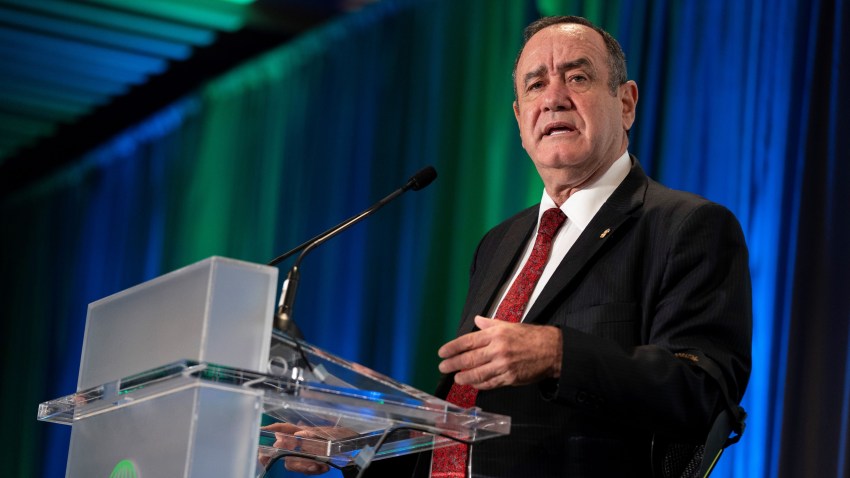Recent elections in Brazil and the United States may have reinforced the impression that democracy is alive and well in the Americas. That could change next year in Guatemala, where there is little hope that the 2023 elections will reverse democracy’s downward slide.
That marks a stark reversal from 2015, when mass protests and a United Nations-backed anti-corruption commission known as CICIG led to the arrest of the country’s president and vice president for corruption. In the following years, however, the country’s political elites and some business elites dug in their heels, eventually shutting down CICIG as well as any momentum the anti-corruption movement had generated.
In the past couple of years under President Alejandro Giammattei, that backlash has gathered steam. Two dozen anti-corruption judges and prosecutors have fled the country into exile, and as recently as November, one well-known judge, Miguel Angel Galvez, resigned in protest, citing a lack of judicial independence. Journalists have been arrested or forced to flee abroad. Human rights defenders and civil society leaders are regularly threatened with lawsuits to keep them quiet. The executive, Congress and the justice system have been almost entirely co-opted by an alliance of politicians, former members of the armed forces and some business elites. In other words, the anti-corruption structures that had been established—not only by CICIG but also those created as democratization advanced before CICIG—have been largely disarticulated.

